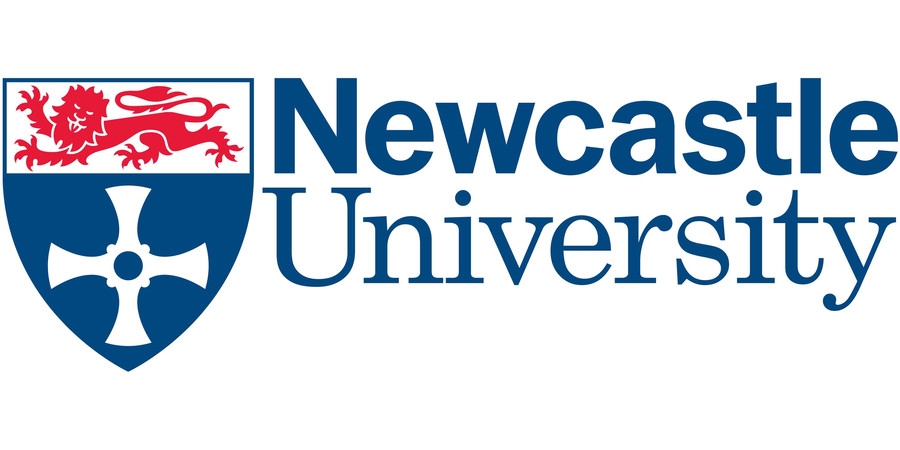PhD Studentship: Flood Risk Implications of Anthropogenically Disturbed River-beds
Newcastle University
| Qualification Type: | PhD |
|---|---|
| Location: | Newcastle upon Tyne |
| Funding for: | UK Students, EU Students, International Students |
| Funding amount: | Please refer to advert. |
| Hours: | Full Time |
| Placed On: | 30th October 2025 |
|---|---|
| Closes: | 8th January 2026 |
Award Summary
100% fees covered, and a minimum tax-free annual living allowance of £20,780 (2025/26 UKRI rate). Additional project costs will also be provided.
Overview
Sand is the world’s second most exploited natural resource after water, and riverbed sand mining has increased dramatically in recent decades. This activity reshapes river channels, altering their topography, destabilising banks, and changing how water and sediment move through large rivers. While these impacts are becoming clearer, what remains poorly understood is how long such disturbances last and, critically, how they affect local and regional flood risk.
This PhD project will explore how riverbeds in large tropical systems respond to the pressures of sand mining, and whether disturbed beds recover once mining stops—or whether altered conditions persist, with lasting consequences for flood risk.
Key questions include:
1. How do large tropical riverbeds respond to sand mining disturbances?
2. Do these disturbances propagate through to flood risk, and if so at what timescales?
3. What roles does flow regime play in resulting flood hazard, bedform adjustment and recovery?
4. Following the cessation of mining, does altered hydraulic roughness persist — and if so, on what timescales?
The student will link fundamental river science with pressing real-world challenges. They will work with a unique decade-long dataset of high-resolution multibeam bathymetry and flow surveys, enabling detailed analysis of how riverbeds evolve under and after mining. These observations will be complemented by physical experiments in the Ven Te Chow Hydrosystems Laboratory at UIUC, using 3D-printed riverbed models derived from field data. Finally, insights from experiments will be incorporated into cutting edge flood models to enable better representation of human alterations to river systems.
For further information on the project, we will be hosting a ‘Prospective applicant webinar’ at 2:00pm on the 26th of November. Link to the event can be found here: https://events.teams.microsoft.com/event/376b2195-d8da-47c0-86e2-b18813ec19e3@4a5378f9-29f4-4d3e-be89-669d03ada9d8.
Number Of Awards
1
Start Date
1st October 2026
Award Duration
3.5 years
Application Closing Date
8th January 2026
Sponsor
Natural Environment Research Council (NERC)
Supervisors
Eligibility Criteria
You must have, or expect to gain, a minimum 2:1 Honours degree or international equivalent in a subject relevant to the proposed PhD project (inc. computing, mathematics, engineering etc.). Enthusiasm for research, the ability to think and work independently, excellent analytical skills and strong verbal and written communication skills are also essential requirements.
Home and international applicants (inc. EU) are welcome to apply and if successful will receive a full studentship. Applicants whose first language is not English require an IELTS score of 6.5 overall with a minimum of 5.5 in all sub-skills.
International applicants may require an ATAS (Academic Technology Approval Scheme) clearance certificate prior to obtaining their visa and to study on this programme.
How To Apply
For information on how to apply, please see https://www.ncl.ac.uk/postgraduate/fees-funding/search-funding/?code=flood266
Contact Details
Advert information
Type / Role:
Subject Area(s):
Location(s):









